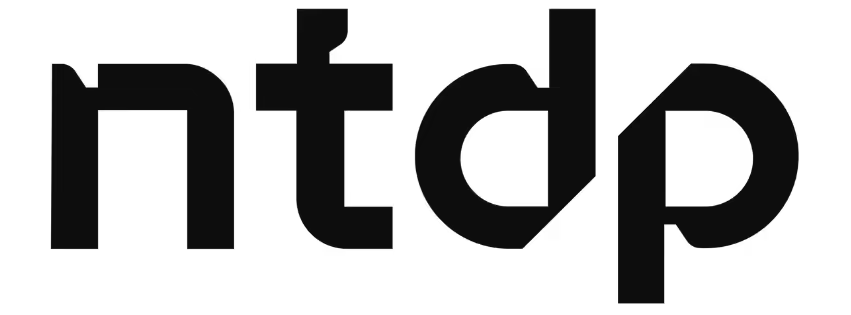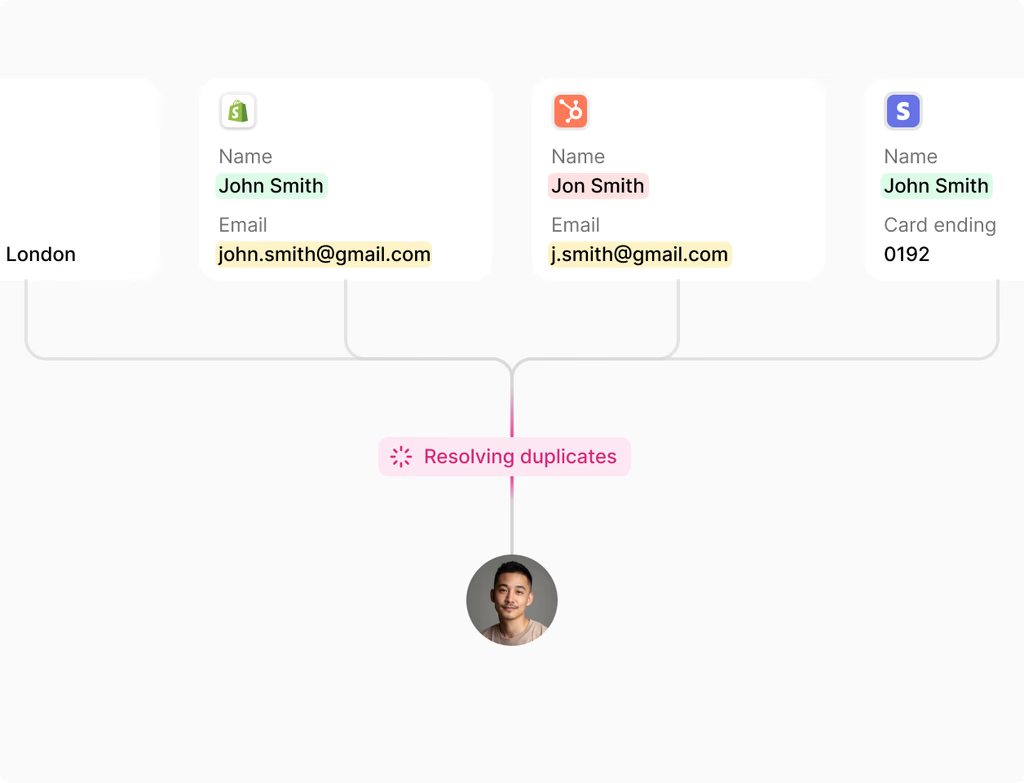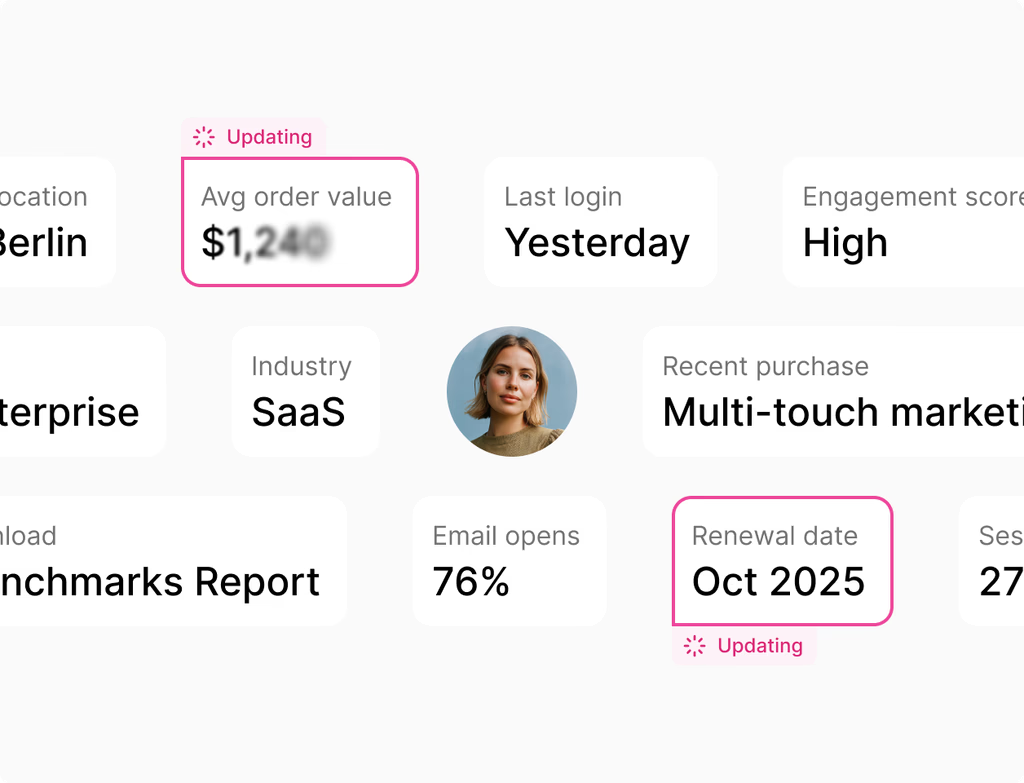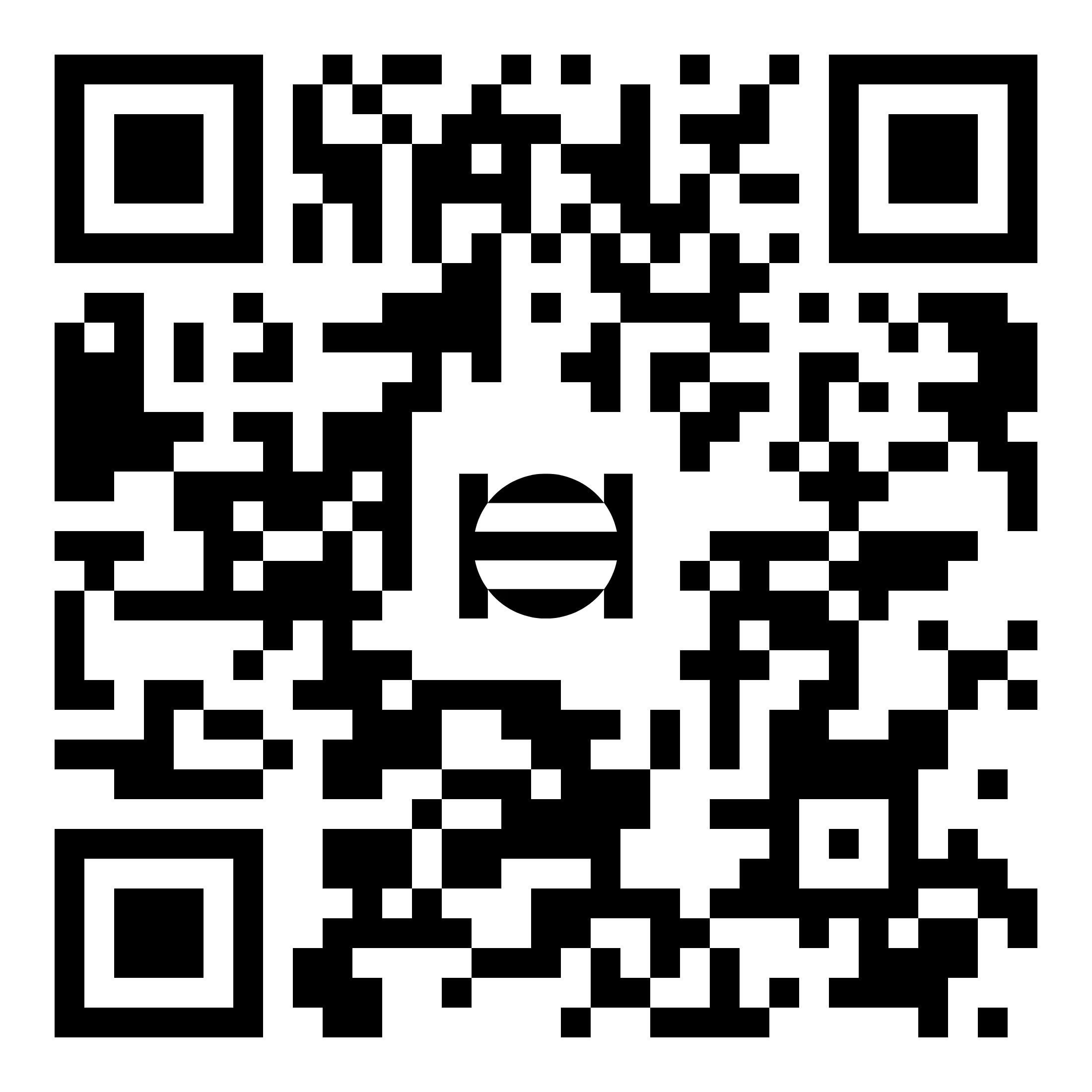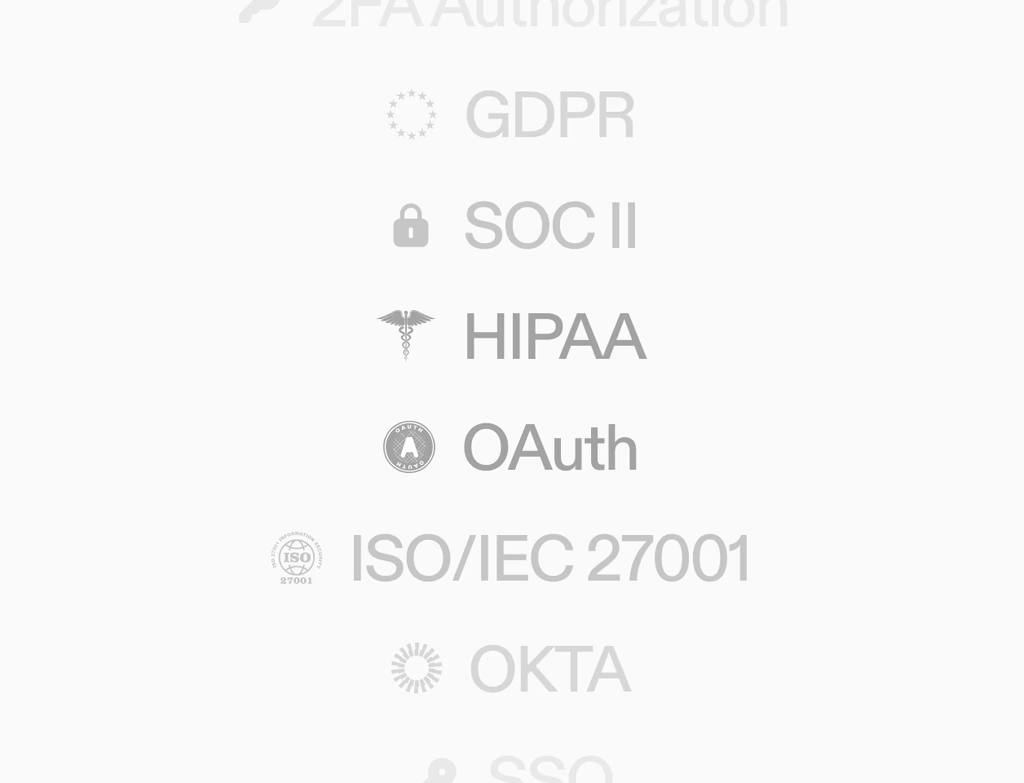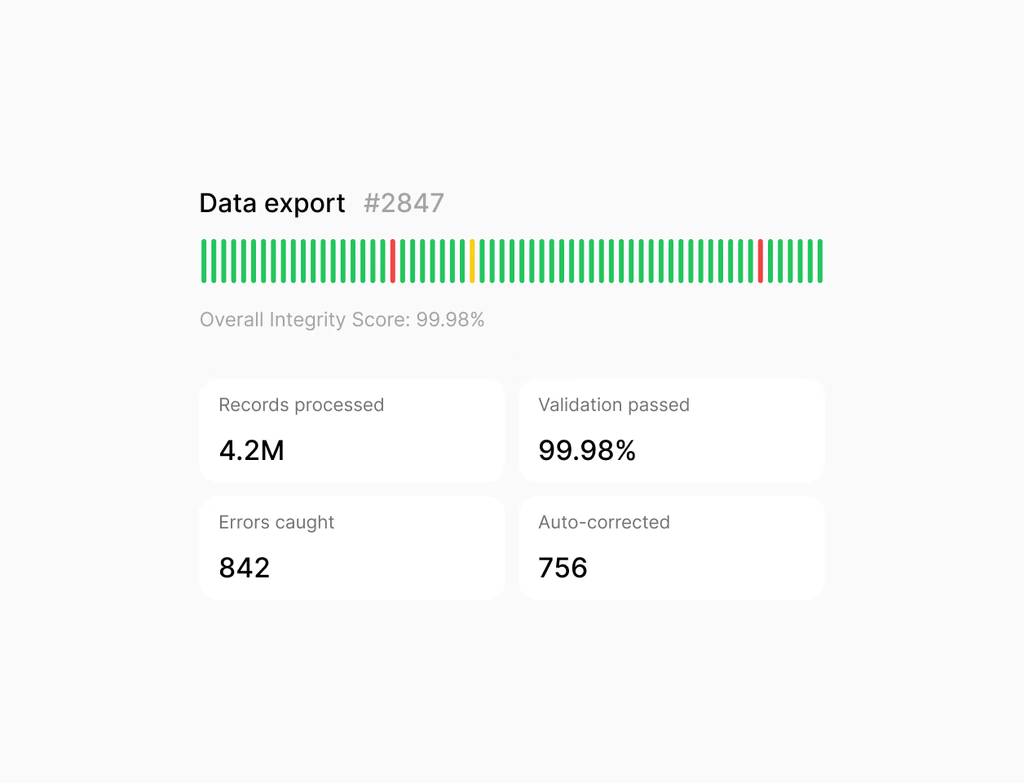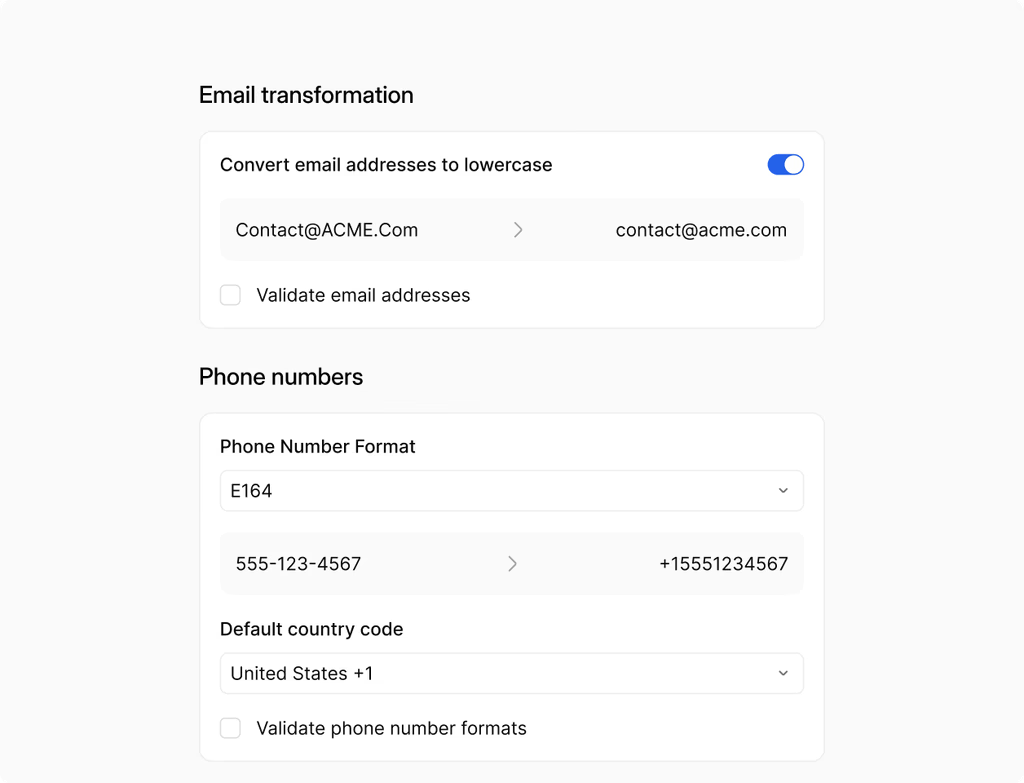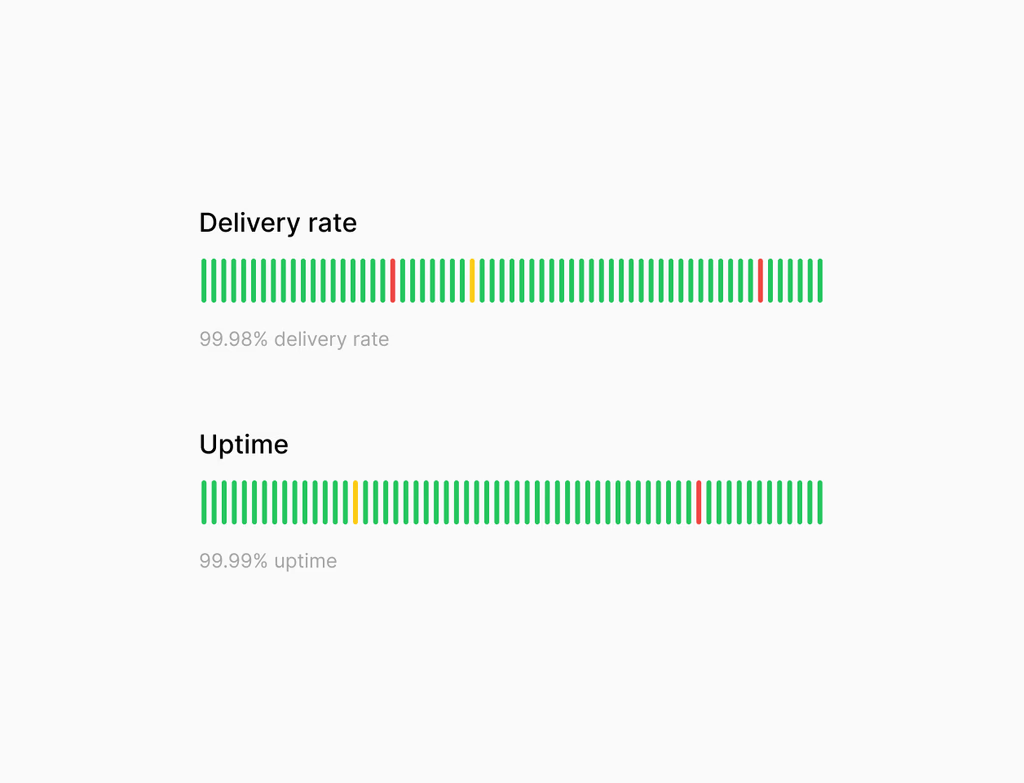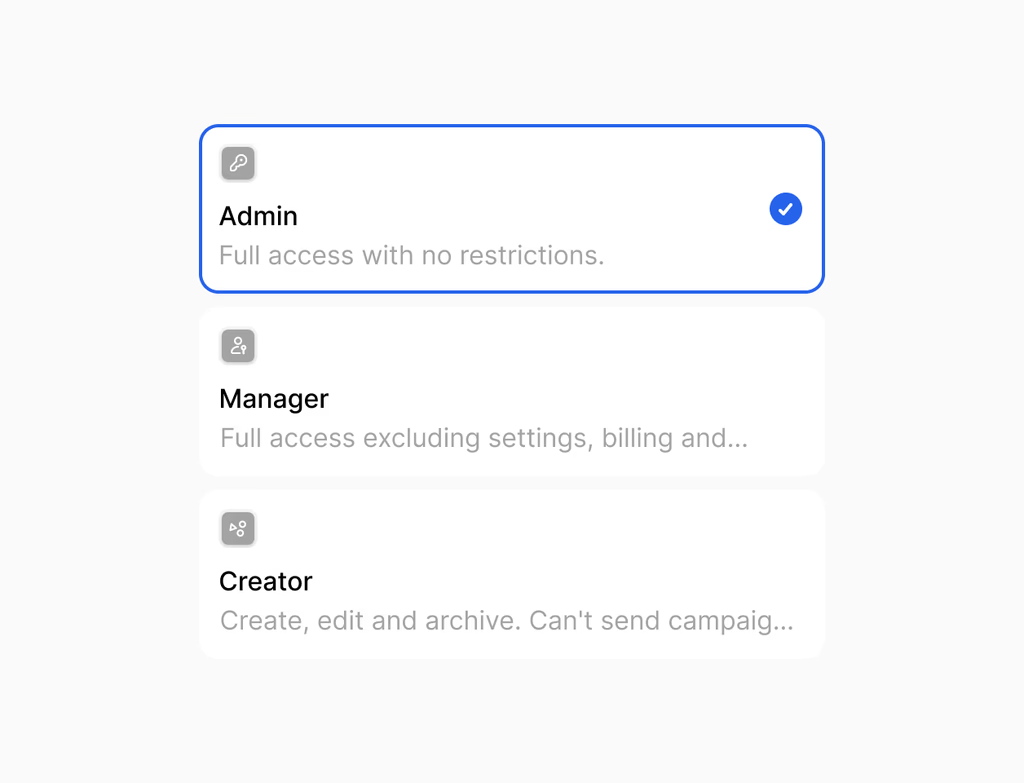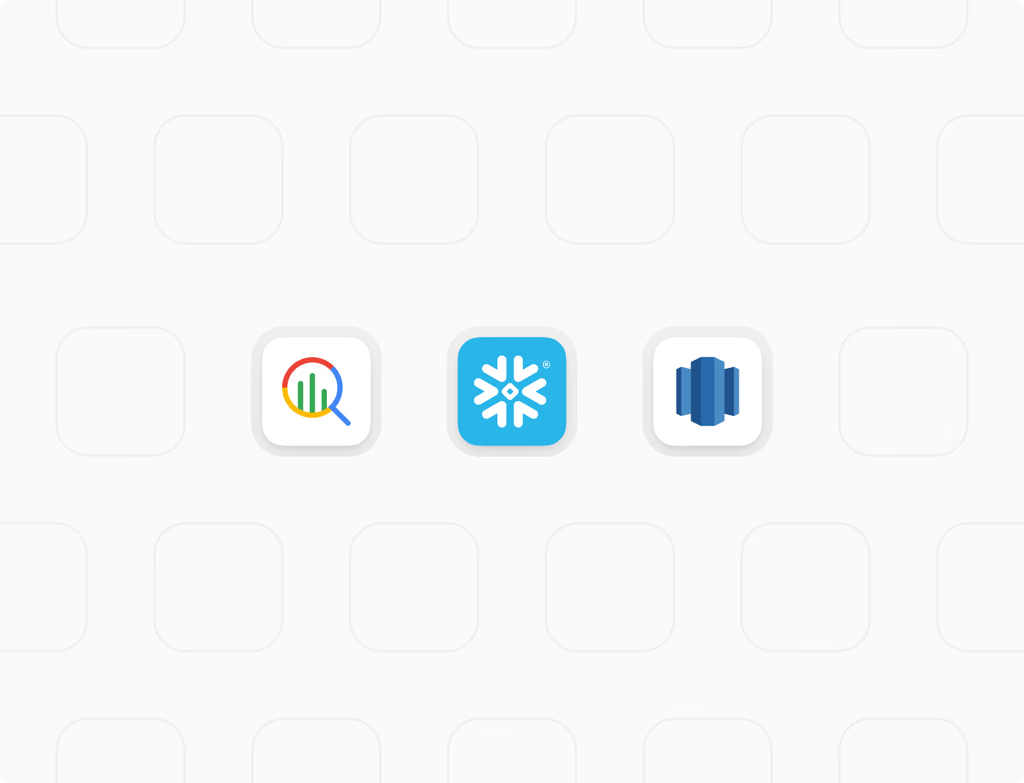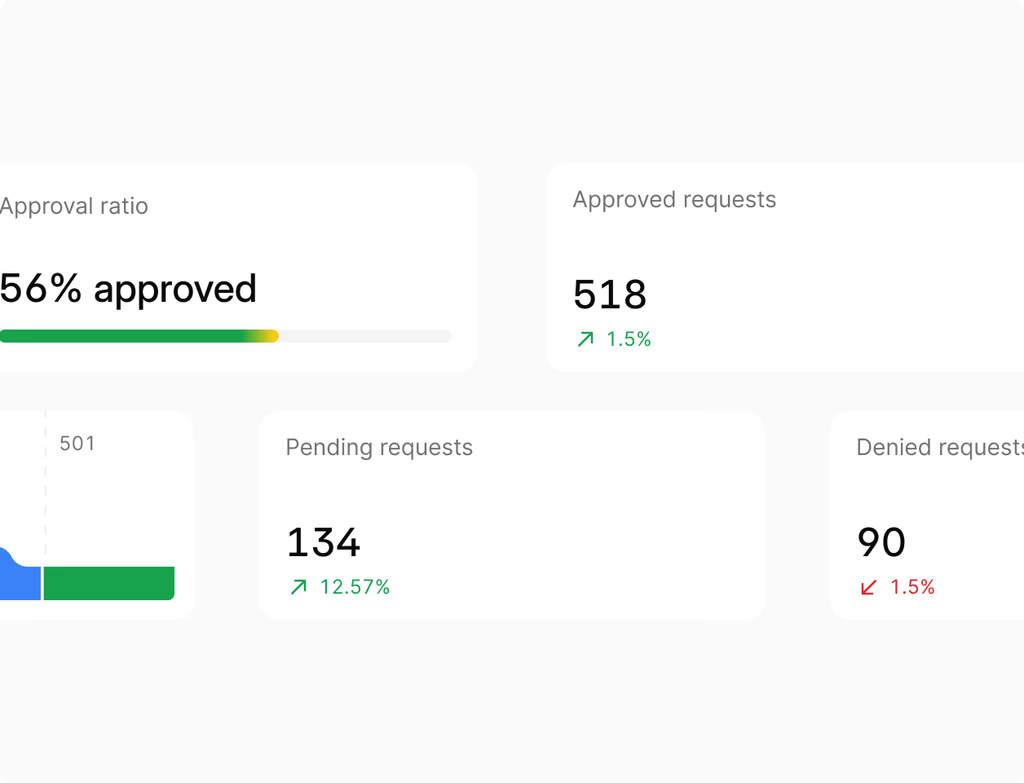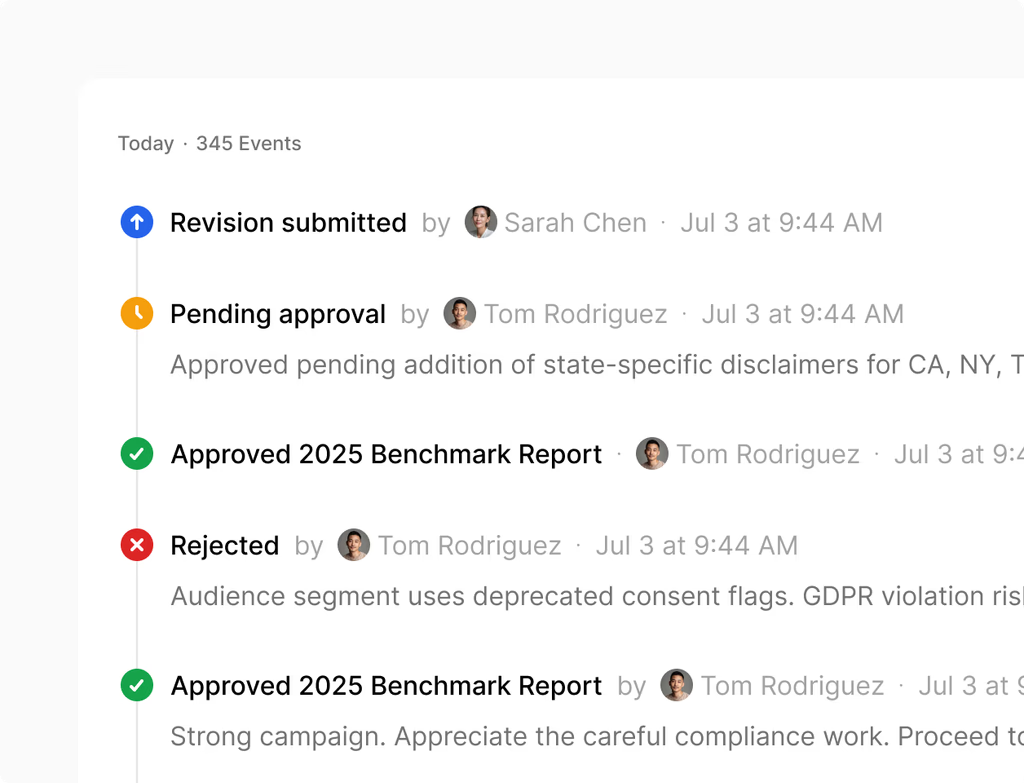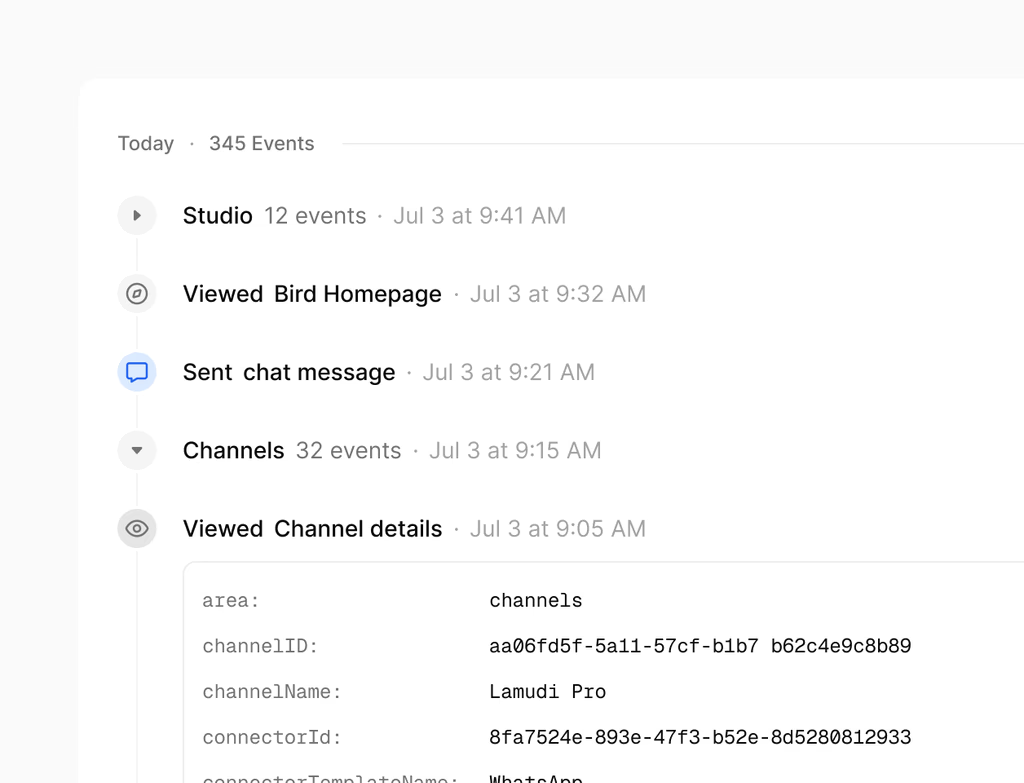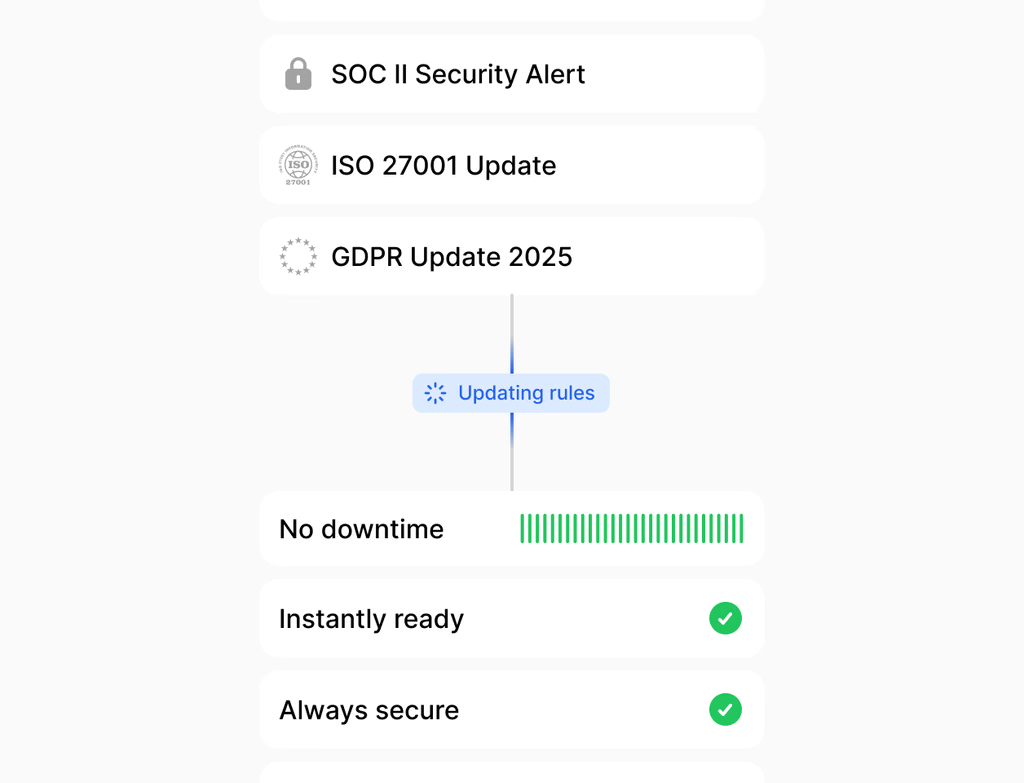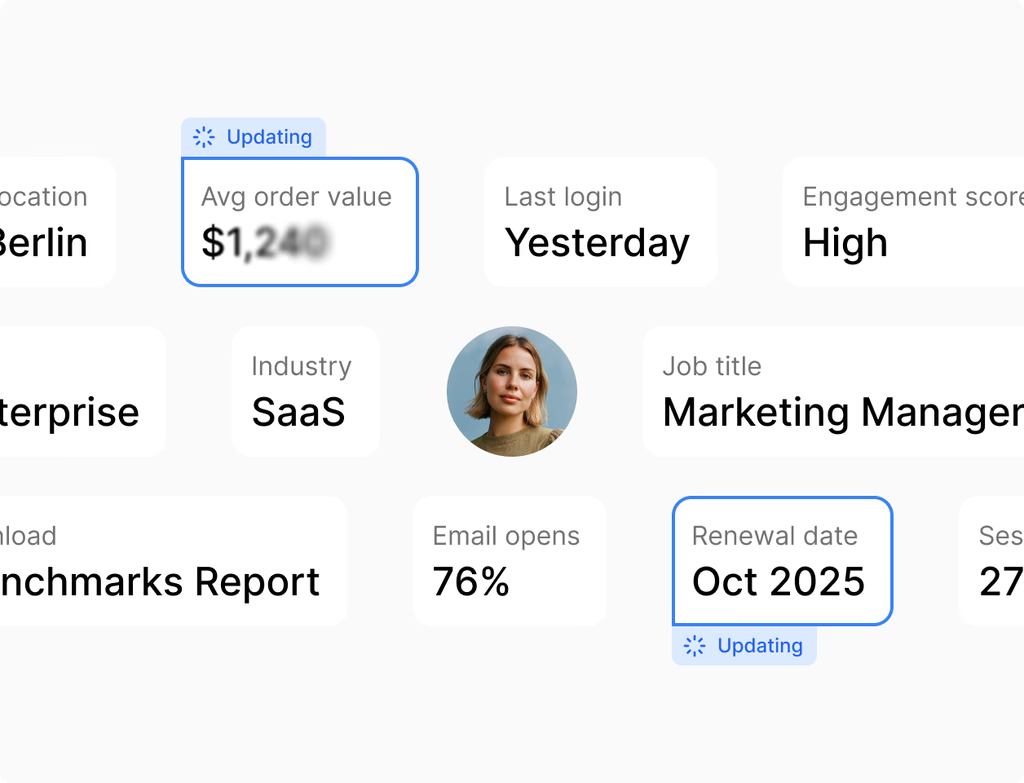What exactly is Hoop Operations software and who should use it?
Hoop Operations is the Automation and Integrations software within the Hoop platform. It is designed to unify scattered data, significantly improve data quality, and automate mission-critical cross-team business processes. This allows organizations to move work accurately and efficiently across departments.
The target audience for Hoop Operations is broad, focusing on leaders and specialists who manage data, processes, and systems across the business. This includes:
- COO or Head of Operations
- Business Operations (BizOps) and RevOps roles
- IT Admins and Systems Integrators
- Project, Program, and Procurement Managers
Ultimately, any role focused on process improvement and data governance benefits from these features in Hoop.
How does Hoop Operations unify data and automate core processes?
Hoop Operations uses AI-powered data management to transform scattered data into actionable intelligence without adding complexity. It achieves this by breaking down data silos across your entire technology stack through approachable, low-code tools.
Key actions and benefits include:
- Combining data across various tech stack elements.
- Automatically enhancing data quality through rules, deduplication, and required fields.
- Modeling processes and automating handoffs with built-in permissions.
By automating operations with robust workflows and governance, teams ensure that work moves accurately while maintaining a clean, consistent, and actionable data model.
How quickly can we implement Hoop Operations features and start seeing value?
Teams can begin implementation very quickly. You can start the same day with essential functions like data synchronization and setting up basic automated workflows.
The initial value is rapid, focusing on immediate data consolidation and basic automation efficiencies. More advanced governance features and controls, such as SSO/SCIM for security and data retention policies, typically follow after the initial setup phase. Hoop provides a centralized platform, simplifying adoption compared to stitching together multiple separate tools.
What are the differences in features across Hoop’s pricing plans?
Hoop Operations features scale across the Core, Pro, and Enterprise plans, based primarily on team size and the level of control required. Hoop Copilot, which powers the AI automation, is usage-based across all plans.
The Pro Plan offers substantial upgrades over Core, focusing on data quality and customization, including:
- Data quality rules and powerful deduplication
- Custom objects and properties for flexible data modeling
- Scheduled workflows for complex automation
- Advanced dashboards and comprehensive reporting
The Enterprise Plan then adds critical governance features for large organizations, such as SSO/SCIM and regional data residency options.
What advanced security and governance features does Hoop provide?
Hoop Operations includes several critical features to ensure security, compliance, and proper data governance, especially in the Pro and Enterprise tiers. These tools are essential for maintaining accurate records and adhering to internal and external regulations.
Enterprise-level controls include:
- Single Sign-On (SSO) and SCIM provisioning.
- Field-level permissions to strictly control data access.
- Comprehensive audit logs for detailed tracking of changes.
- Data governance and retention controls.
This allows teams to model processes and enforce approvals with permissions and centralized audit trails built into the platform.
How does Hoop Operations integrate with our existing business systems?
Hoop is built to integrate smoothly with your existing technology stack, breaking down silos to combine data across the entire organization. It ensures that the operations features can leverage data from where it currently resides.
Integration capabilities rely on both native integrations and flexible APIs. Hoop integrates with common business systems, including:
- Sales systems like Salesforce.
- Accounting software.
- Cloud storage platforms.
- Business Intelligence (BI) tools.
The Core plan supports data sync with popular tools, while the Pro plan adds dedicated cloud storage integrations, ensuring comprehensive compatibility across diverse environments.
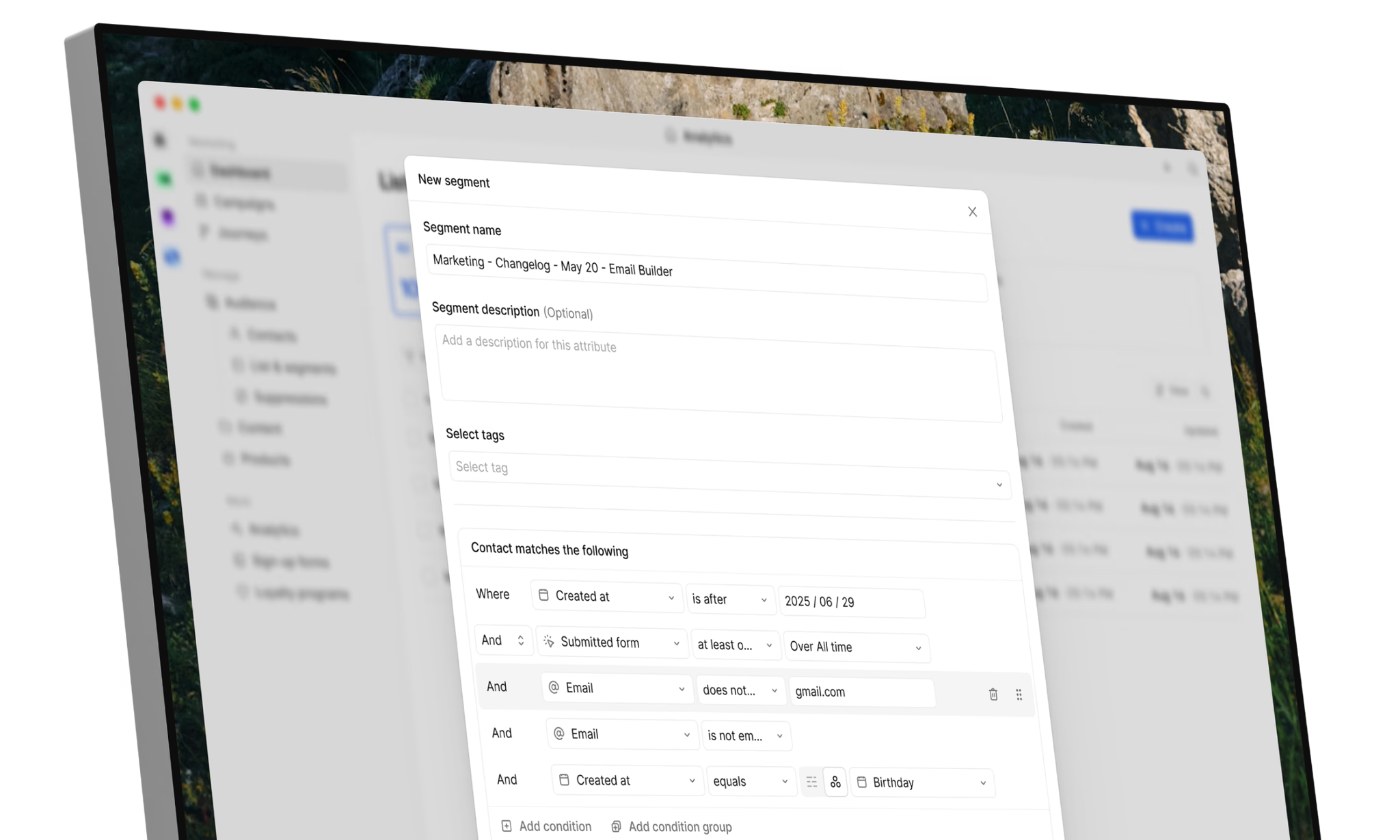
.svg)
.svg)
.svg)
.svg)
































